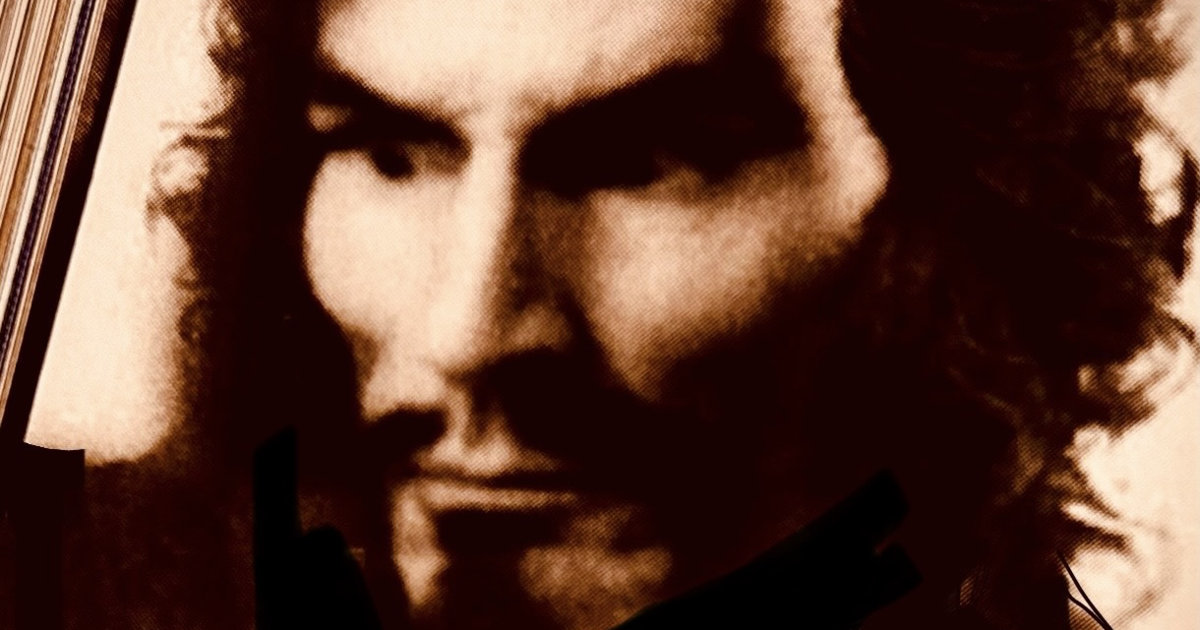The Brothers Karamazov (one of the top 5 greatest novels ever written) and Crime and Punishment (one of the top 25 greatest novels ever written) both raise the question: “If there is no god, then all things are permissible.” In The Brothers Karamazov, Ivan raises the question while Raskolnikov, in Crime and Punishment, attempts to prove it. But after committing the perfect crime, Raskolnikov is undone by the very thing he has denied all along – a conscience. All of which, if followed to its logical conclusion, contradicts his very premise: if he has a conscience, there must be a god – good and evil – revelation – in essence, all the things the atheist denies, much the same way a child denies a parent he’s angry at BECAUSE of the child’s untested sense of right and wrong – e.g., why suffering and death? But if life is ultimately eternal, spent with or without that God who gave you that conscience in the first place, and consequently a soul, a soul that consequently will be spent with that God you accepted, or without that God you rejected – the consequences being Heaven or Hell – it then takes on a whole new perspective. And if THAT’S the case – then suffering takes on a whole new dimension, and death is merely the beginning of the ultimate choice an individual makes before they die – e.g., the thief on the cross to whom Jesus says, “Today you will be with me in paradise.” And what happens to Ivan and Raskolnikov at the end of both novels? Like the thief in the cross, both are converted.
Joyce’s Ulysses, the greatest novel of the 20th century; T.S. Eliot’s The Wasteland, the greatest poem of the 20th century; O’Neill’s Long Day’s Journey Into Night and Beckett’s Waiting for Godot, both arguably contenders for the best play of the 20th century—can only conclude that God is dead. However, like Ivan and Raskolnikov, T.S. Eliot—like the thief on the cross—in the final analysis, becomes converted, too.
This is obviously a theme covered by most serious novelists, poets, and playwrights – regardless of what side they come down on – best expressed by C.S. Lewis, who also said, “Write the novel you always wanted to read.” And since I did (write the novel I always wanted to read) – I, too, tackle the same question in my novel.

